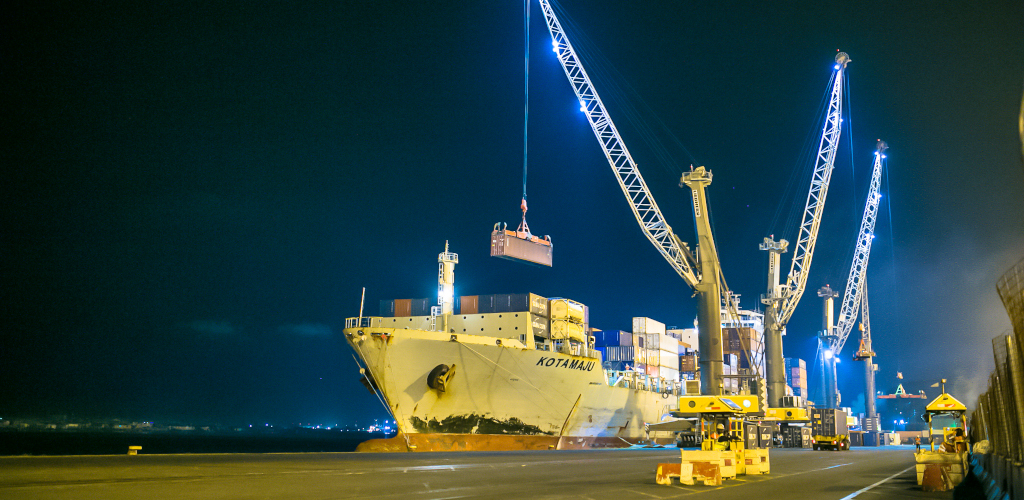Dec 24 | 2021
Port Authority Says Digital Shift Will Boost Efficiency, Lower Costs

By Simon West
Nigeria is aiming to digitalize all its port operations by 2025 in a bid to boost efficiency and cut costs.
Mohammed Bello-Koko, acting managing director of Nigerian Ports Authority, told delegates at a recent port logistics conference in Cameroon that the authority had begun “deliberate measures and investments” to create a fully digital ecosystem in its six port locations.
Among the plans, the NPA wants to deploy high-end smart technologies and tools to record, monitor and utilize data for better decision making.
The authority has already gone part-digital, with systems up and running for fast-track billing, financial and human resources planning, shipping traffic management, budget control, maritime domain awareness and truck traffic operations.
“Our goal is to leverage on technology to close the gap between us and the major international ports,” Bello-Koko said in a statement.
“A digitalized port helps in making better informed operational decisions, increased efficiency, improve collaboration amongst stakeholders, lower port costs and ultimately help to meet the ever-increasing customer expectations in a timely manner.”
'Tight' Schedule
Sven Daniels, head of IT at Hamburg Port Consulting, or HPC, an internationally renowned consulting firm in the global port, transport and logistics sector, told Breakbulk the NPA had made an “excellent decision” to go fully-digital, although the four-year schedule was “tight.”
“The most significant challenge of implementing a smart port concept is the buy-in and acceptance of the entire port community," Daniels said.
"Every player along the supply chain in Nigeria must be convinced that digitized ports contribute positively to everyone’s business, making the Nigerian ports an attractive place to handle cargo securely, safely and efficiently. In other words, successful digital transformation projects never underestimated the efforts explaining the benefits of digitized ports and escorting all their stakeholders in implementing new technologies and business processes.”
Nigeria, Africa’s largest economy, accounts for about 70 percent of cargo imported into West and Central Africa. Key gateways include Apapa and Tin Can Island in capital city Lagos, and Onne in eastern Nigeria, a breakbulk hub serving oil and gas projects throughout West and sub-Saharan Africa.
Hydrocarbons continue to dominate the project landscape, although several large-scale infrastructure initiatives such as the US$11 billion Lagos-Calabar coastal rail project and the Eko Atlantic Smart City project near Lagos are expected to provide breakbulk with a slew of new cargo-carrying opportunities.
“Nigeria as a country has massive economic potential, and digitalizing the logistics chain within the country will clear muddy waters and go a long way towards the country being able to achieve their goals,” said Lars Greiner, associate partner for the Middle East and Africa at HPC.
Top photo: APM Terminal in Nigeria. CREDIT: HPC
You can find out more about the region’s project potential at the Spotlight: West Africa event, moderated by Lars Greiner, on Day Two of Breakbulk Middle East 2022 on 1-2 February at the Dubai World Trade Centre.
